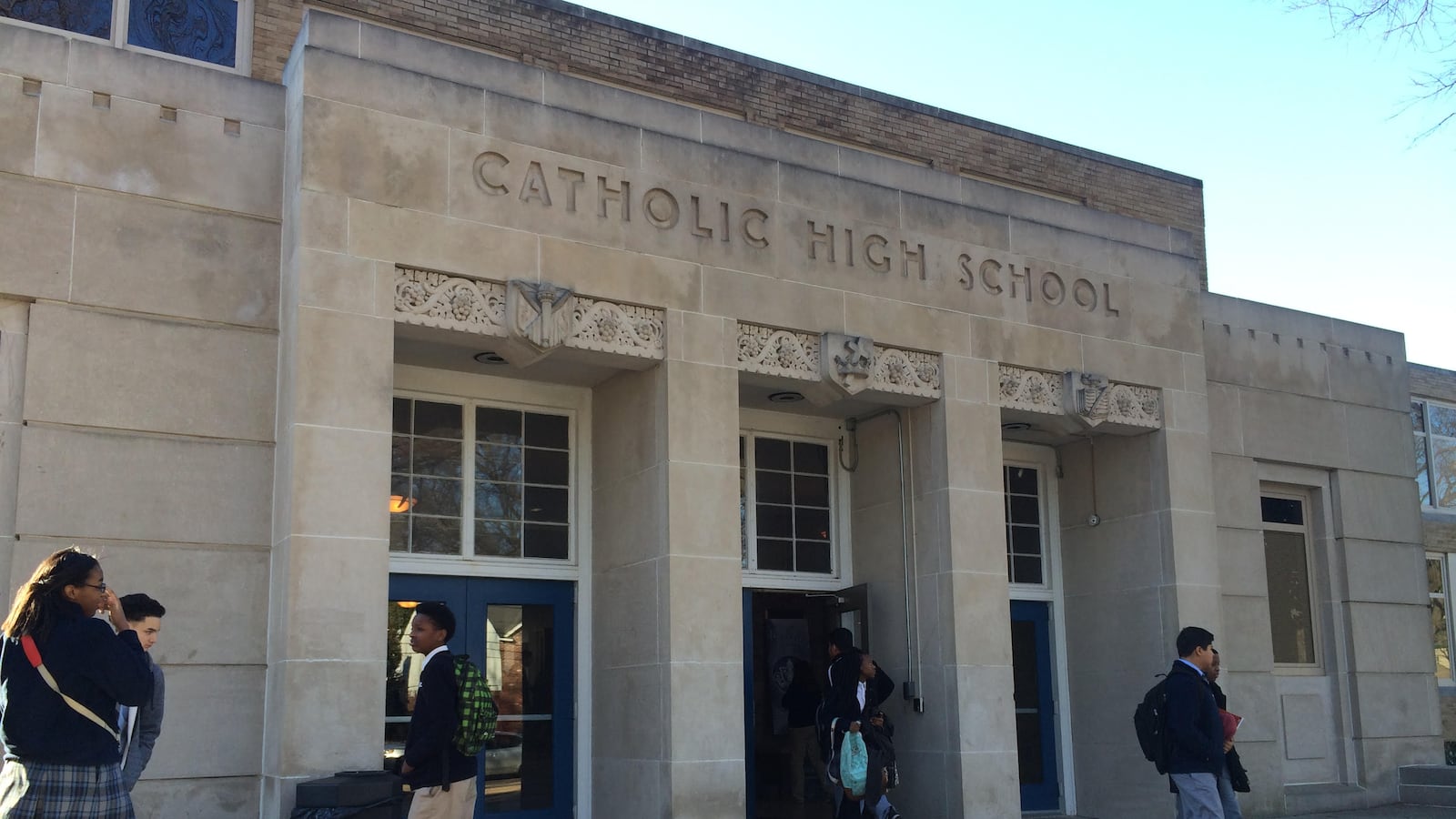While Memphis would be most impacted in Tennessee if state lawmakers vote to allow public funds to be used for private school tuition, leaders of many of the city’s private schools haven’t jumped on the bandwagon yet.
Voucher legislation that has moved quickly this year through the legislature is based on the premise that many private schools will opt to accept students fleeing public schools that are performing in the bottom 5 percent in the state. Their hesitation may signal a long road toward implementation if the bill becomes law.
The measure, which already has cleared the Senate, is scheduled for a vote Thursday in the House of Representatives. (Read Chalkbeat’s explainer on the voucher bill.)
Leaders of many Memphis private schools eligible to participate said this week that they won’t make a decision until they know what the final legislation says, especially after a flurry of late amendments were added.
“We’re waiting like everybody else to see what will be in the bill,” said Suzanne Aviles, a spokeswoman for Diocese of Memphis Catholic Schools. “We’re waiting to see what the ballgame is that we’re going to be playing. … There’s just too many things up in the air.”
The Catholic Diocese, along with its subset Jubilee Schools, operate about a fourth of Memphis’ nearly 100 private schools.
Jubilee Schools president David Hill said the voucher program would help the network expand its enrollment, which is under capacity. The largest barrier to reaching capacity, he said, is cost. The state’s proposed $7,000-per-year voucher would open doors to students who may not have been able to attend otherwise, he said.
Under the bill that passed in January in the House Finance Committee, private schools would have to accept the voucher amount as the full cost of tuition and fees.
“The voucher would not cover full cost, but it would allow us the opportunity to serve a lot more children than we currently do,” Hill said. “From what I know, we will certainly plan to participate and take advantage of the opportunity to serve more kids.”
Leaders of other schools such as Briarcrest, which operates four schools in East Memphis, and First Assembly Christian School, said they would not participate because they do not want to blur the line between private education and the government.
“We just don’t accept government funds,” said Wendell Meadows, head of First Assembly Christian School. “Our concern would be strings attached to government funding.”
Private schools would be required to track and publish academic progress and retention and graduation rates of the voucher recipients.
Below is a chart of private schools in Memphis and whether its leaders plan to participate if Tennessee creates a voucher program. Check back for updates.
Memphis reporter Micaela Watts contributed to this report.


